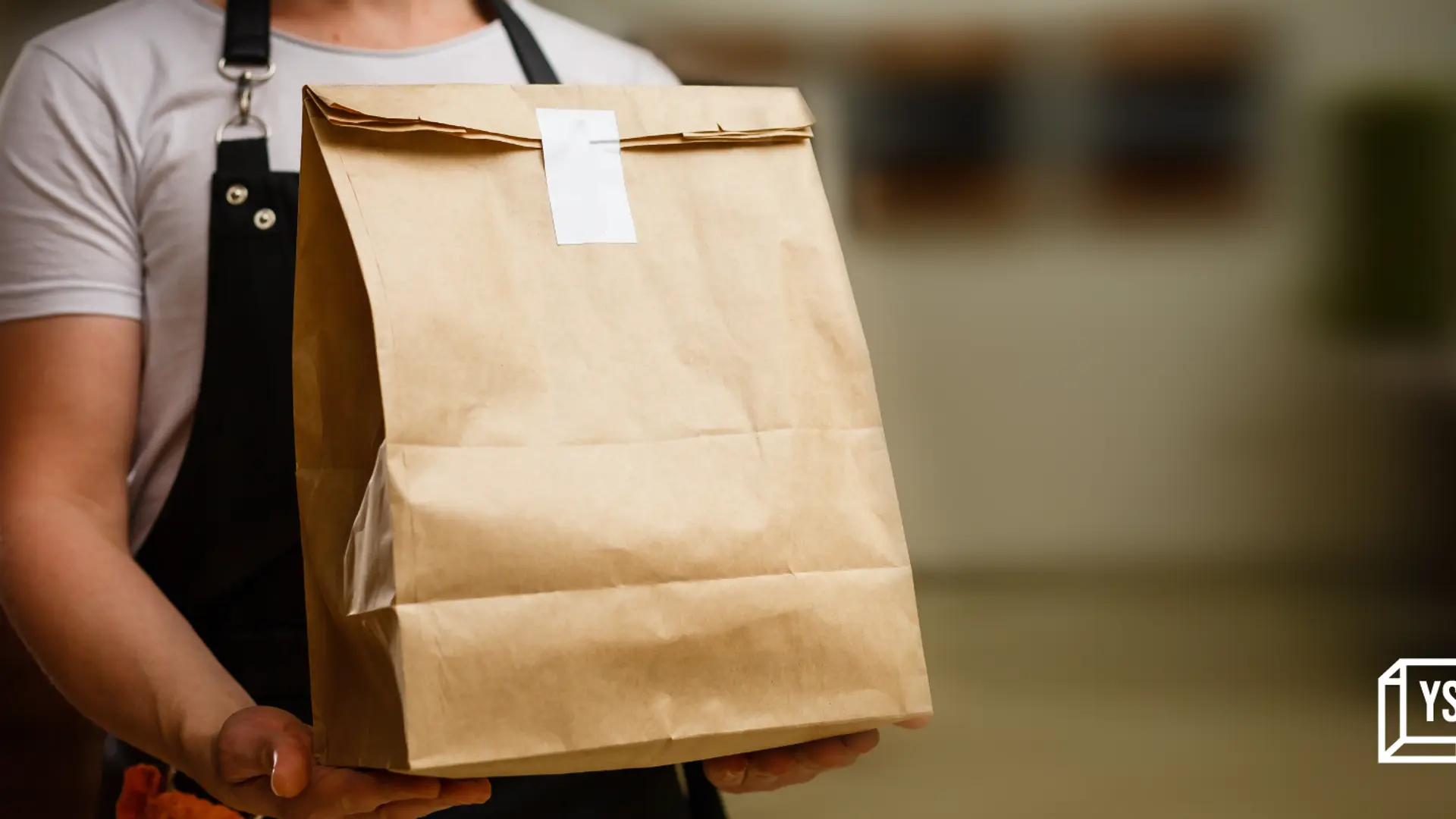Quick commerce chaos: Food safety at Blinkit's dark stores
The Human finger, centipede, and dead mouse incident have pushed quick commerce firms Zepto and Blinkit into the spotlight. Let's understand the dark side of these dark stores.
Unbelievable surprises are popping out of delivery packages lately. People are wondering about what's next: a human finger, centipede, dead mouse or a new fear unlocked? These days and have been making headlines for all the wrong reasons. Let's dive in and find out what's going on.
The rise of quick commerce
Unicorn firm, Zepto, recently raised $665 million at a valuation of $3.6 billion and is preparing for an IPO next year. On the other hand, Blinkit is set to receive fresh capital of Rs 300 crore from its parent company, Zomato. Since its acquisition in August 2022, Zomato has infused around Rs 2,300 crore into Blinkit.
In terms of market dominance, a report by HSBC Global Research revealed that Blinkit leads the market with a 40% share, while Swiggy Instamart holds 32%, followed by Zepto at 28%. Zepto's profitability is evident, with 75% of its stores being fully EBITDA positive as of May 2024, while Blinkit recently achieved EBITDA positivity in March.
With the goal of rapid outlet expansion, the number of dark stores, which are crucial for quick commerce firms, will increase. Zepto currently has over 200 dark stores, and Blinkit has 526, with plans to double this number to 1,000 within a year. However, these dark stores have faced scrutiny from food regulators recently. Let's delve deeper into this issue.
Food safety in dark stores

The negligence of quality standards set by government bodies like the Food Safety and Standards Authority of India (FSSAI) has been the talk of the town due to recent events. So, before understanding the decline of food safety measures at dark stores let's understand what they are.
What are dark stores?
A dark store is a retail facility or distribution hub exclusively for online shopping and not open to the public. The term "dark store" stems from the fact that customers do not physically visit these fulfilment centres.
Because these retail outlets are not traditional brick-and-mortar stores, they are not accessible to the general public. These dark stores play a crucial role in enabling quick commerce firms like Zepto, Blinkit and Instamart to deliver products within minutes. However, some recent incidents have shed light on the downsides of these dark stores.
Various disturbing items, ranging from a human finger to a centipede, have been reported being received with online orders. Before these incidents gained attention, the Commissioner of Food Safety in Telangana conducted a raid on a Blinkit warehouse on June 6th and discovered several violations of food safety regulations.
An official social media post detailed the violations, which included a lack of basic hygiene protocols such as disorganised, dusty, and unhygienic premises. Additionally, the food handlers were not wearing proper headgear, aprons, or gloves. The authorities also found multiple expired products and discovered that cosmetic products were being stored alongside food items.
Quality standard compliance is a must
So far we have discussed majorly the malpractice of food quality standards going on inside these dark stores or mini-warehouses but the problem runs deep. This is because quick commerce firms do not just sell groceries, they also deliver a wide range of products like cosmetics, household essentials, clothes, electronics, and even jewellery.
Each product category has specific inventory management guidelines and regulations that need to be maintained. Negligence in such product categories leads to stock issues, damage or spoilage of items that ultimately harm a brand's profits.
Consumer trust and reputation
In recent news, there have been alarming incidents involving foreign objects found in food products ordered from popular platforms. A doctor from Mumbai discovered a human finger in an ice cream purchased from Zepto, while a woman in Noida found a frozen centipede in an ice cream container bought from Zomato-owned Blinkit. Another distressing incident involved a woman finding a dead mouse inside a sealed Hershey's chocolate syrup container.
These incidents have raised concerns among consumers, prompting them to be more cautious when ordering food from such platforms. While quick deliveries are the hallmark of these services and attract a large customer base, consumers are now emphasising the need for transparency in storage facilities and adherence to quality and hygiene standards.
Closing thoughts
India is seeing a surge in quick commerce. Companies such as Zepto, Blinkit, Instamart and BigBasket are facing each other head on head. However, recent food mishaps have highlighted key loopholes of quick commerce which is the compliance of quality and hygiene standards in dark stores that should be regularly inspected by either the firm or government authorities.







